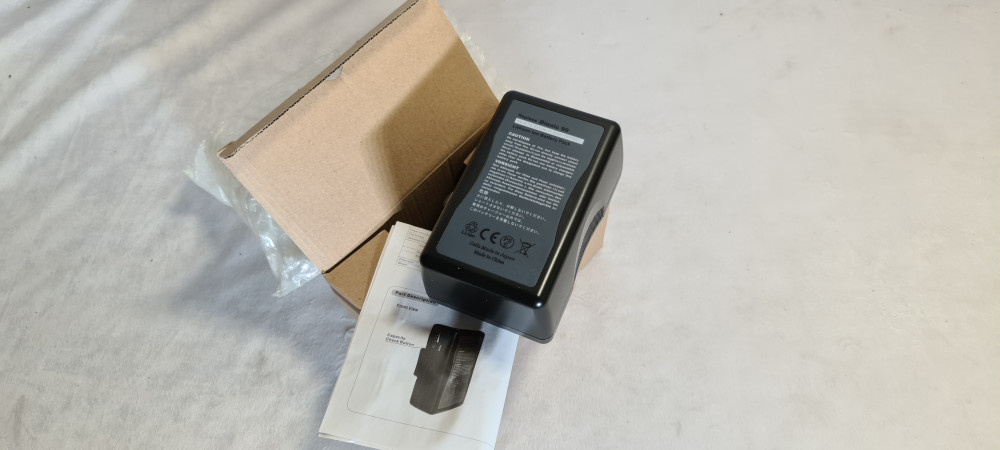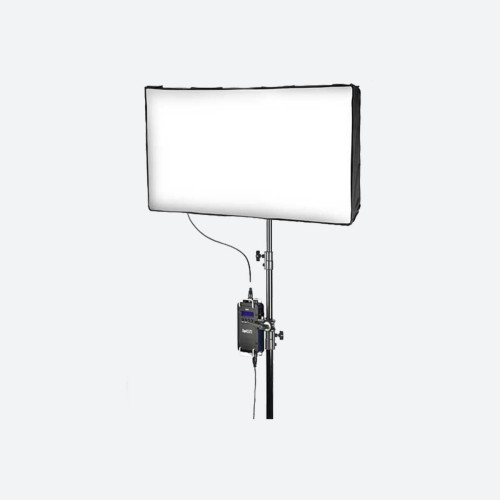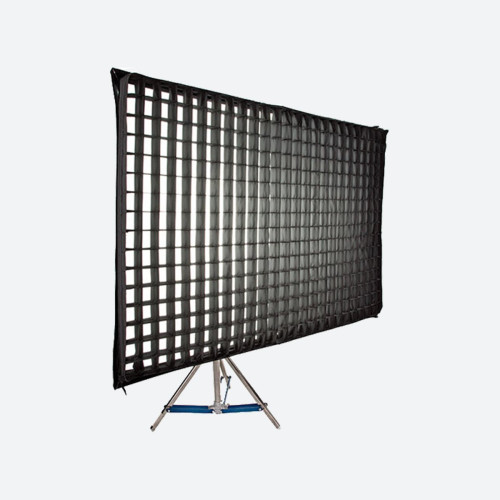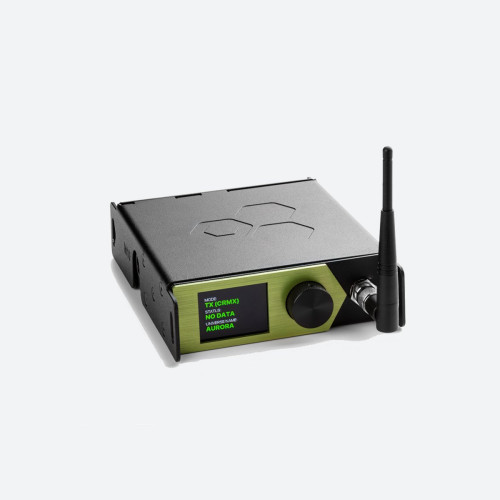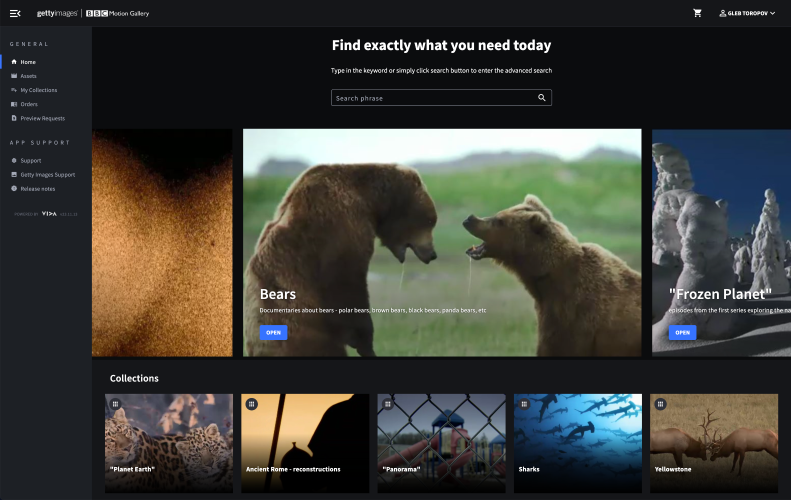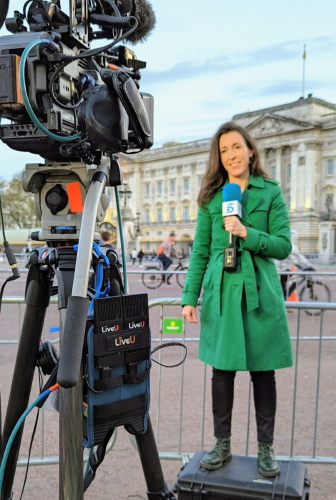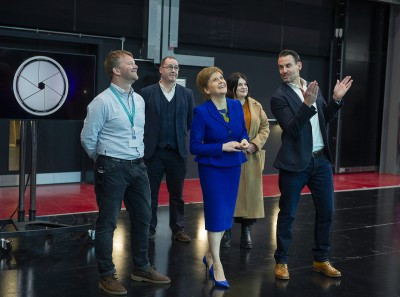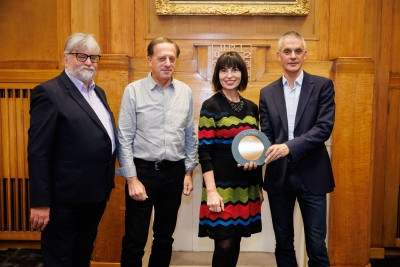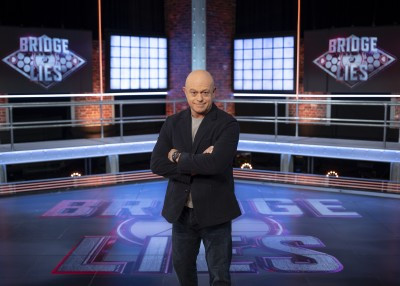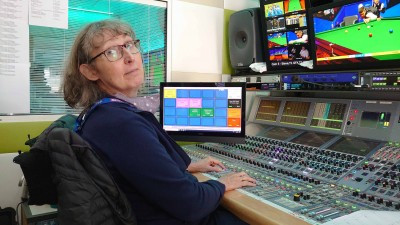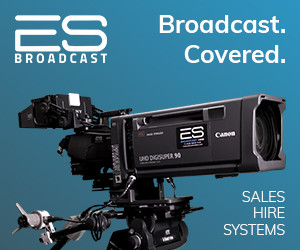Gold all round
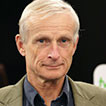
Author: Bob Pank#
Published 1st October 2012
In my ramblings in the January edition of TV-Bay, I offered some predictions for the year, which included the following:
“Television coverage of the Olympics and Paralympics will be extraordinary, capturing all the skill and dedication, elation and heartbreak of the world’s finest athletes. But somewhere in 29 days of intensive, multi-channel broadcasting there will be one tiny error, and that will be all that the popular press focuses on.”
I cannot speak for the Paralympics as I am writing this before they open, but I can say that I was more or less wrong in my prediction for the Olympics. Because there was virtually no criticism of the television coverage, certainly in Britain.
Someone did try to whip up a Twitter storm because the BBC cut away from Andy Murray hugging his mum. There were huge problems over the first weekend with timings – actually a complete lack of accurate timings – in the cycling road races. The commentators muttered darkly, but most of us were simply astounded at how quickly you could get from Dorking through Epsom to central London if someone was kind enough to stop all the traffic for you. And then Bradley Wiggins won.
Someone – who should probably know better – complained on LinkedIn about how long it took to get a replay in the gymnastics. “With the best gear and operators (?) in the world, why did it take so long?” he asked.
Lord Coe was fond of saying that the Olympics is the equivalent of staging 26 simultaneous world championships. It covered 43 venues, requiring 52 outside broadcast units and over a thousand primary cameras. At least one of the trucks had come from as far away as Abu Dhabi.
The opening ceremony alone needed four trucks (well, three and a flyaway to be precise). The event was in two halves: the Danny Boyle show at the beginning, then the entrance of the athletes and the formalities. Each had a separate production team, director and production gallery, which were duplicated for absolute security on a show being seen by around a billion people.
That was just the main production requirement, the multi-lateral feeds created by Olympic Broadcasting Services and fed to the rights-holding broadcasters from the 205 countries taking part. Bigger broadcasters and broadcasting unions also added their own cameras, and sometimes their own additional OB units, to provide tailored coverage. Some of the most memorable moments of the BBC’s coverage came from watching the pundits pressed against the glass of their studio screaming at Mo Farah and Jessica Ennis. Which needed an EVS operator to replay.
And as well as all that remote production capacity, up in the north-west corner of the Olympic Park, next to the hockey stadium, was the International Broadcast Centre. It covered 48,300 square metres, which makes it about 15% bigger than that other IBC we currently have in mind.
OBS’s central operation in the IBC had another 5600 hours of server capacity, delivering 10 simultaneous live channels plus a 24 hour news feed and 230 hours worth of 3D coverage to the rights holders. Then the broadcasters each had their own facilities. The BBC’s system was a scaled down copy of its installation in Salford, and the two sets of servers communicated continually.
The BBC’s aim was to deliver every minute of every event live, using up to 24 additional channels as well as online streaming. Much of the work on these channels was done in Salford, but on site there were two presentation studios for BBC One and Three. They were built on a stack of shipping containers at a crossroads in the park – the picture shows them under construction – with production control in the IBC.
For me, watching in Tunbridge Wells, I thought OBS did a pretty good job and the BBC did a remarkable job. Virtually flawless, apart from employing Trevor Nelson.
So spare a thought for our friends and colleagues in America, who had to put up with NBC’s coverage. It started badly, with their commentators on the opening ceremony declining to read the media briefing notes. So when Kenny Branagh appeared dressed as Isambard Kingdom Brunel to deliver Caliban’s splendid speech about the isle being full of noise, they asked what Abraham Lincoln had to do with it.
The big issue with NBC’s coverage, though, was to insist on time-shifting all the good stuff into prime time, because they could charge more for advertising that way. In some cases that meant gold medal winners had done the rounds of the breakfast shows 12 hours before audiences could see the event. Not a lot of tension in sport that is not live.
The next two Olympics are in cities four hours out from UK time, ahead in Sochi, behind in Rio. Even if the BBC cannot pull off the remarkable achievements of London, at least we can hope they will give us the events live.



